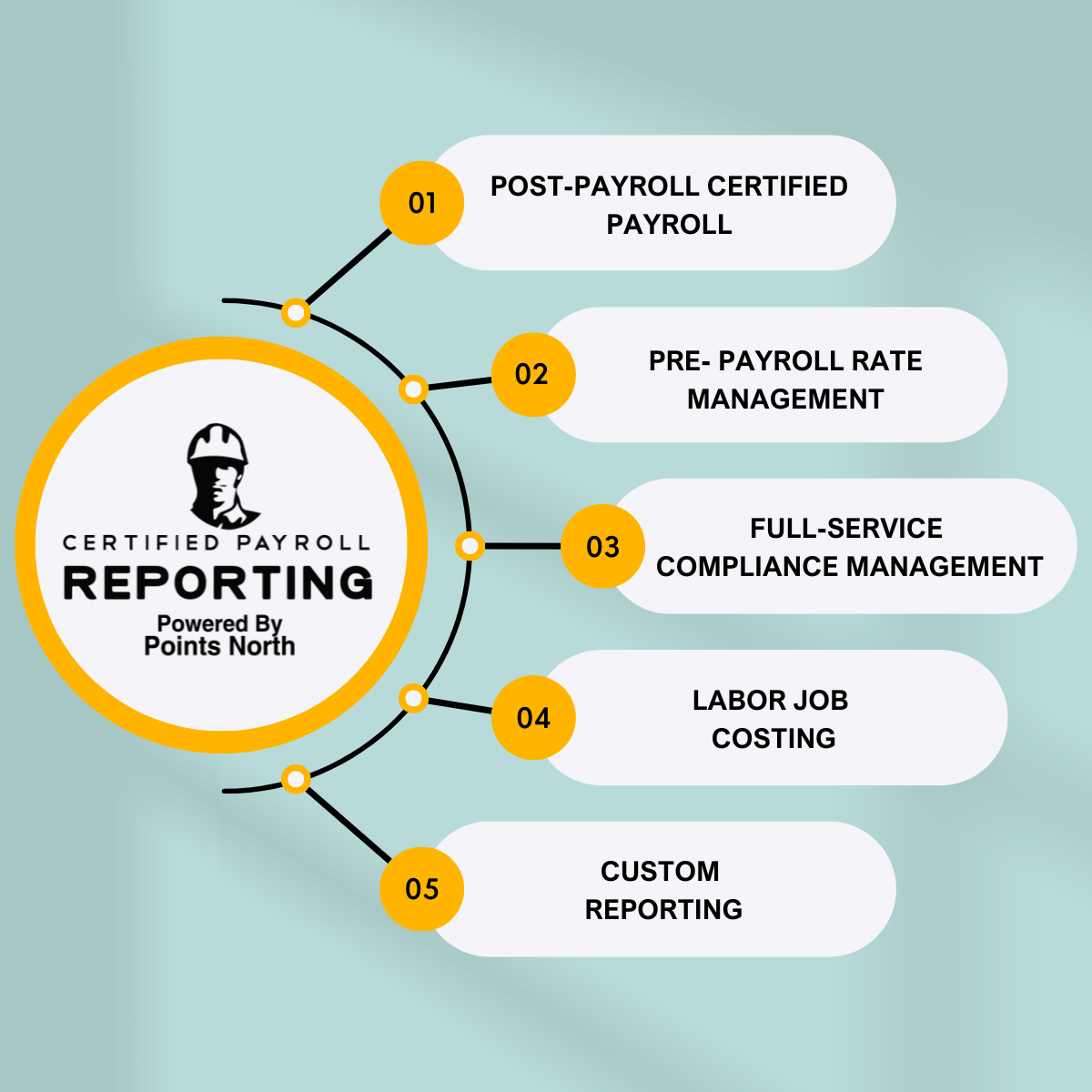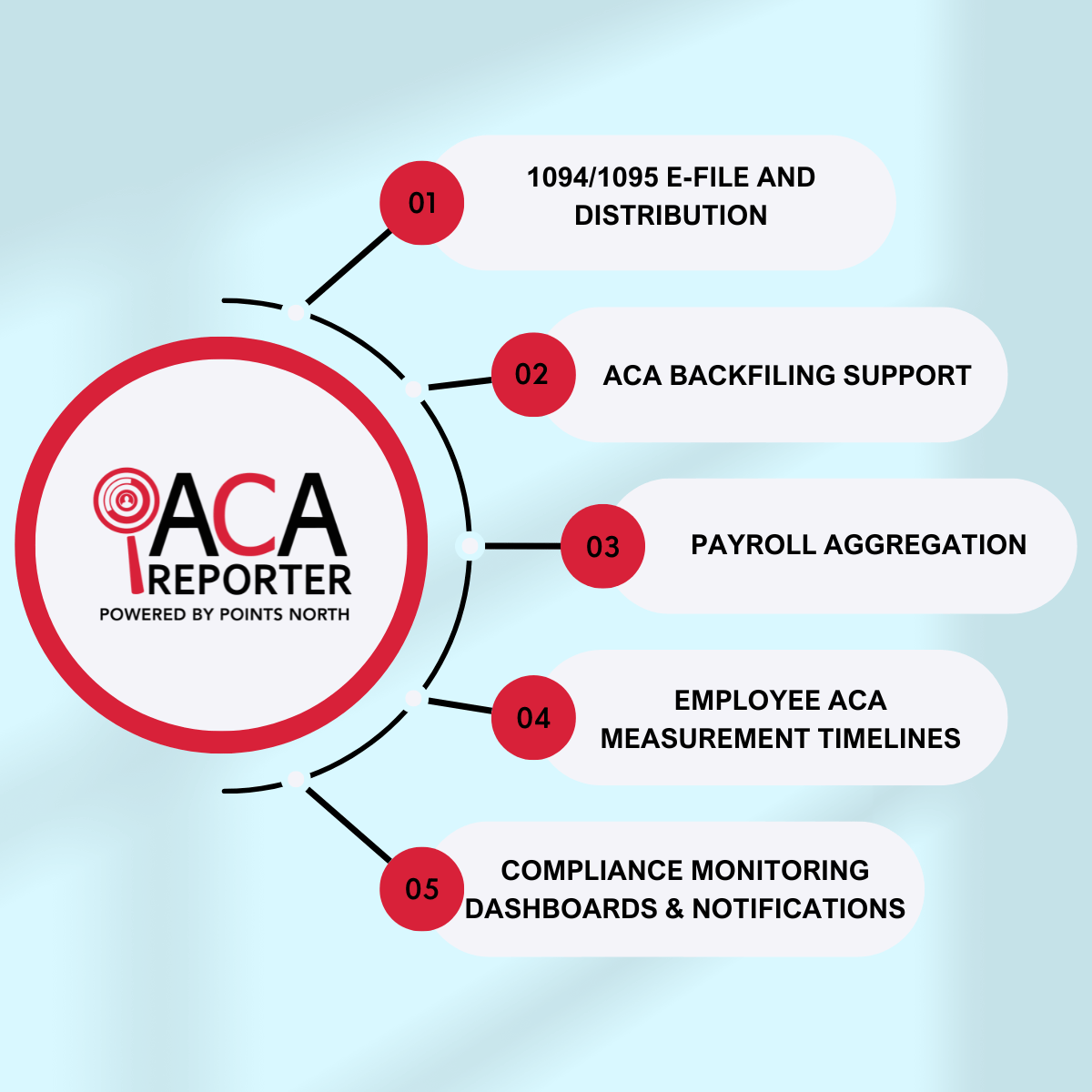
On Thursday, January 28, 2021, an executive order was signed directing the federal government to open a specific enrollment period from February 15 to May 15 for Affordable Care Act exchanges in 36 states. This measure aims to boost coverage for uninsured people. It is still unclear how useful the measure will turn out to be.
Most of the 14 states that operate their marketplaces had already reopened enrollment. Last year, when several states ran an additional enrollment period, the numbers of new sign-ups were modest.
What Are Main Barriers To Obtaining Healthcare Coverage?
The common theme is to improve people's access to health insurance. In a 2019 survey, almost 75% of around 30 million uninsured people specified the high cost of health insurance as the main barrier to obtaining healthcare coverage. It has been compounded by the COVID-19 pandemic further.
The number of uninsured people has increased as a result of an economic implosion in 2020. The Commonwealth Fund estimated that up to 15 million people might have lost employer-sponsored healthcare coverage. Some people would have found alternative healthcare coverage through:
- Medicaid
- Another job
- Federal ACA marketplace
- State insurance exchange
Proposal To Reinforce The Affordable Care Act
A second item in the executive order on establishing a specific open enrollment period is the resumption of federal funding for:
- Outreach
- Advertising
More unemployed people will seek alternative healthcare coverage on the federal ACA exchange with increased advertising.
Strengthening The Affordable Care Act (ACA) With A Public Option
Americans will have the choice of:
- Keeping their private coverage
- Signing up for a "Medicare-like" plan
People without insurance can be enrolled automatically. The public option can serve as an affordable option for people who:
- cannot obtain private coverage
- are not satisfied with their current insurance
Details are not yet available on the costs of adding a public option, such as:
- How much such plans will reimburse hospitals and healthcare providers
- Whether physicians and hospitals will accept all patients with public option coverage
A substantial expansion to the Affordable Care Act, was proposed adding around five million people living in the 14 states who decided not to expand Medicaid. Mostly, these are people who earn too much to qualify for Medicaid but too little to afford their insurance.






.png)